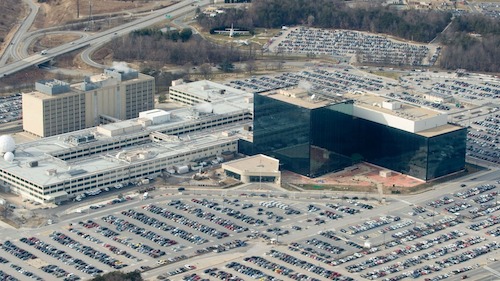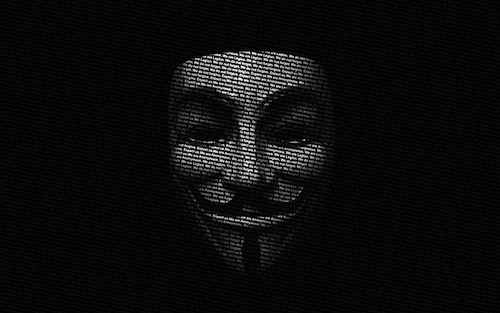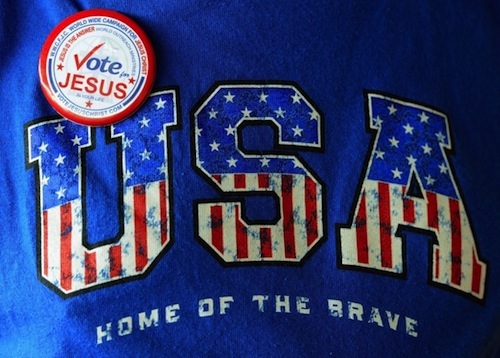Imagine that you are a wealthy member of one of the two parties that control the richest nation in the history of the world, or you run one of the corporations that made it rich, or you’re one of the people who work for those corporations or political parties to feed your family. America is doing great, but everyone also seems to agree that it is doing worse lately and is possibly about to stop doing great forever. Meanwhile, religious hillbillies on the other side of Earth have vowed to come here and randomly explode, plus an unknown but growing number of Americans have less incentive to support the status quo because present conditions benefit you much more than them. You are winning this game, but the game is almost over. If you were such a person, you might understandably organize your politics and your worldview around one central question: how can I keep anything from changing? What you need is security—order-maintaining, threat-identifying, future-avoiding security. Today is Friday, and anything different is necessarily bad for us. Won’t you arrest the progress of history with me?
Tag Archives: surveillance
The case against secret government
My grandfather once said that you know you’re doing something wrong when you don’t want to tell anyone about it. Unless the NSA is using our phone records and social media data to plan an awesome surprise party, there is something suspect in the claim that domestic surveillance was kept secret for our own good. Secrecy is antithetical to democracy. Tim Weiner argues as much at Bloomberg, where he points out that presidents from LBJ to GWB have demonstrated that you can’t trust the executive. At Esquire, Charles Pierce puts a simultaneously finer and more vulgar point on it when he asks that the federal government please tell him what it is doing in his name.
Most Americans support NSA phone tracking
Strangely, perhaps even depressingly, the big deal in last week’s revelation of massive domestic NSA surveillance is how not a big deal everyone thinks it is. According to a Washington Post/Pew poll, 56% of Americans consider secret court orders that allow the NSA to access millions of phone records “acceptable,” while only 42% consider it “unacceptable.” Forty-five percent say the government should be allowed even more leeway than it already has secretly gave itself, provided that power is used to fight terrorism. Even though half of Americans presumably do not regard themselves as terrorists, they believe their government should be able to arbitrarily investigate them, because terrorism. At the risk of pique, this is the same country that refused expanded background checks for gun purchases as an unconscionable infringement on the Second Amendment.
NSA whistleblower comes forward
At his request, The Guardian has reported the identity of Edward Snowden, the former NSA contractor who revealed last week that, among other surveillance activities, the US government keeps phone logs of millions of Verizon customers. It also logs customers of AT&T, Sprint and Nextel, and collects “metadata” from Google, Apple, Facebook, Yahoo, AOL and YouTube. As soon as a MetroPCS user successfully completes a call, the NSA will write that down, too. It’s kind of disturbing, but what is perhaps most disturbing is that, now that its secret domestic surveillance program has been revealed, the executive branch has no intention of shutting it down. In the context, Snowden’s decision to out himself is very interesting.
Friday links! Total information awareness edition
Who wouldn’t want to know everything? If we could make sure we knew absolutely everything, nothing unfair would ever happen to us again. We would know, for example, whether the federal government’s secret reason why it’s authorized to collect the phone records of every Verizon customer is an airtight legal argument or a drawing of Mayor McCheese having his way with the Hamburglar. If we knew who all the terrorists were and whom they called, and who all those people called, we would have a sort of terrorist social network. I call it Friendsterrorist. It’s a list of everyone who is bad, and once we have it we need only shut those people down and live forever, like Myspace. Today is Friday, and what you don’t know could fill a book you aren’t allowed to read. Won’t you speculate on the contents with me?





